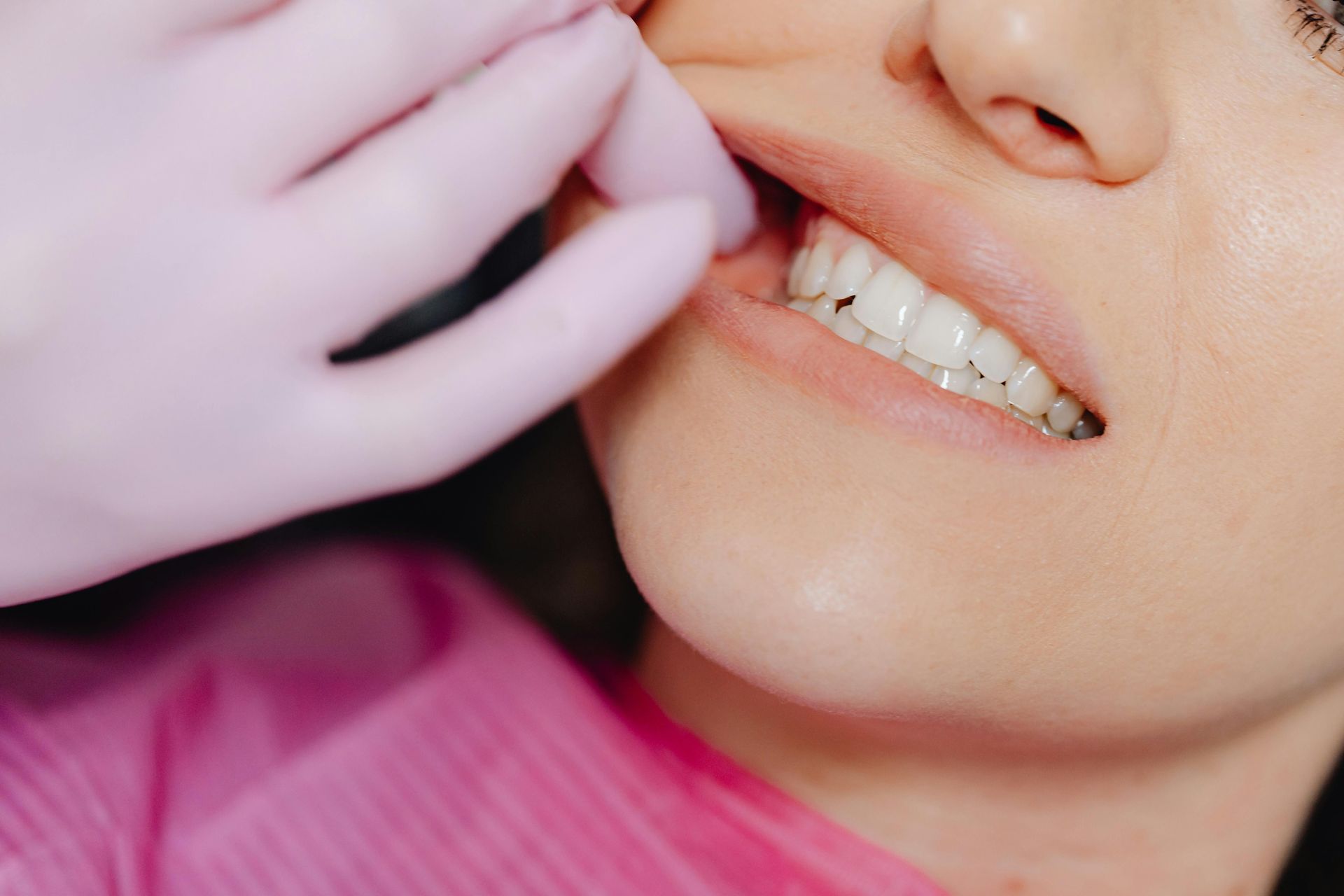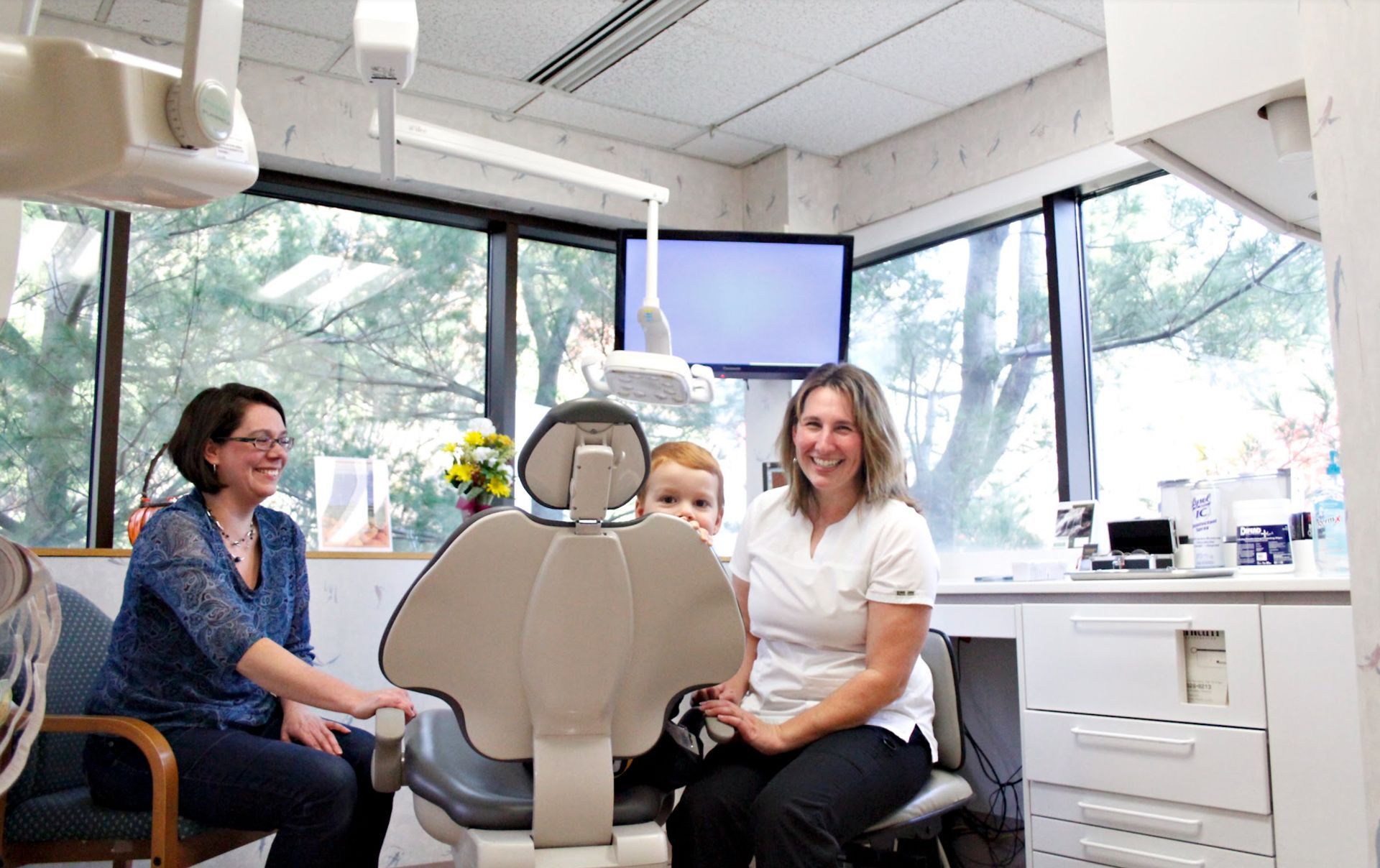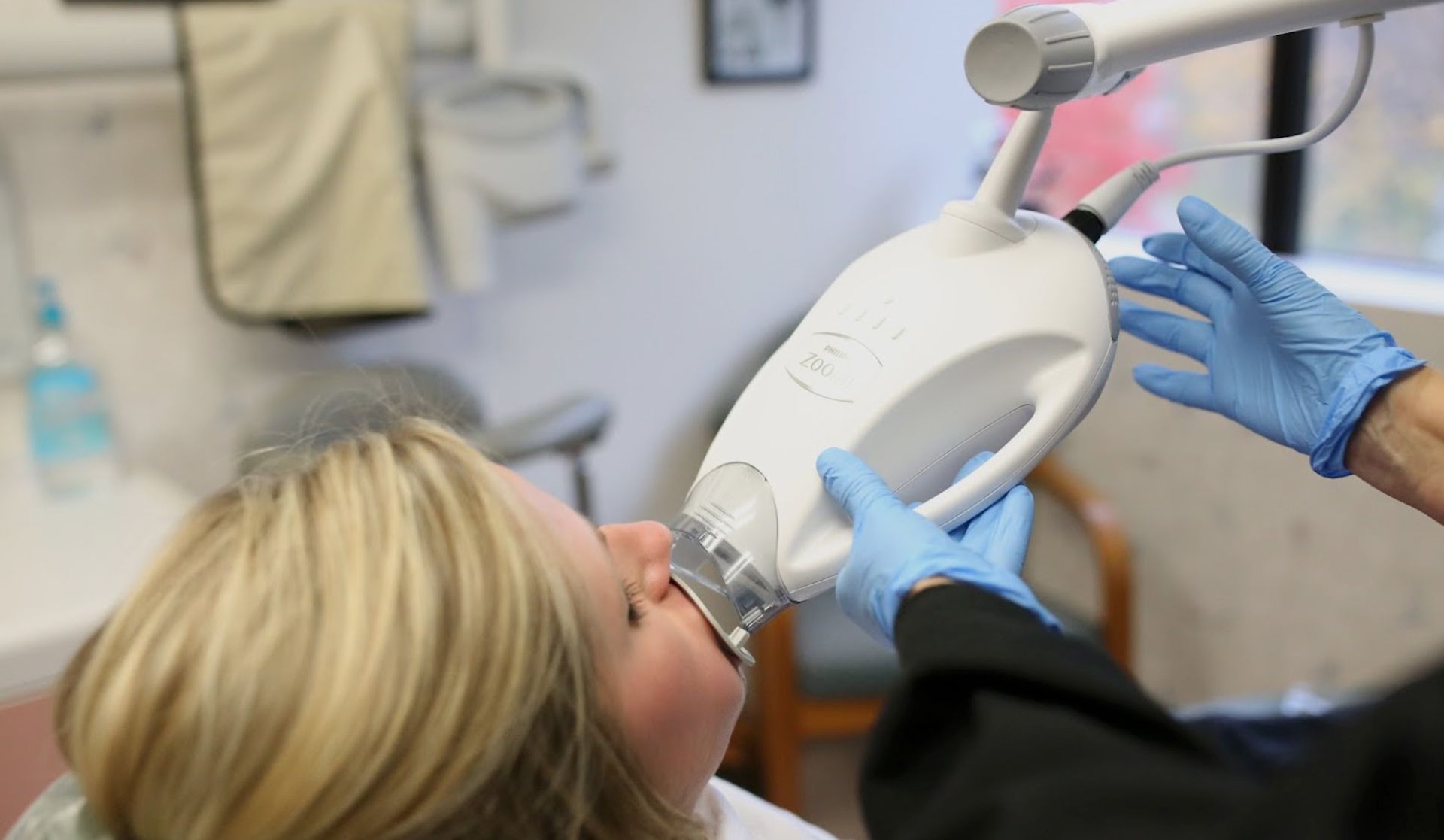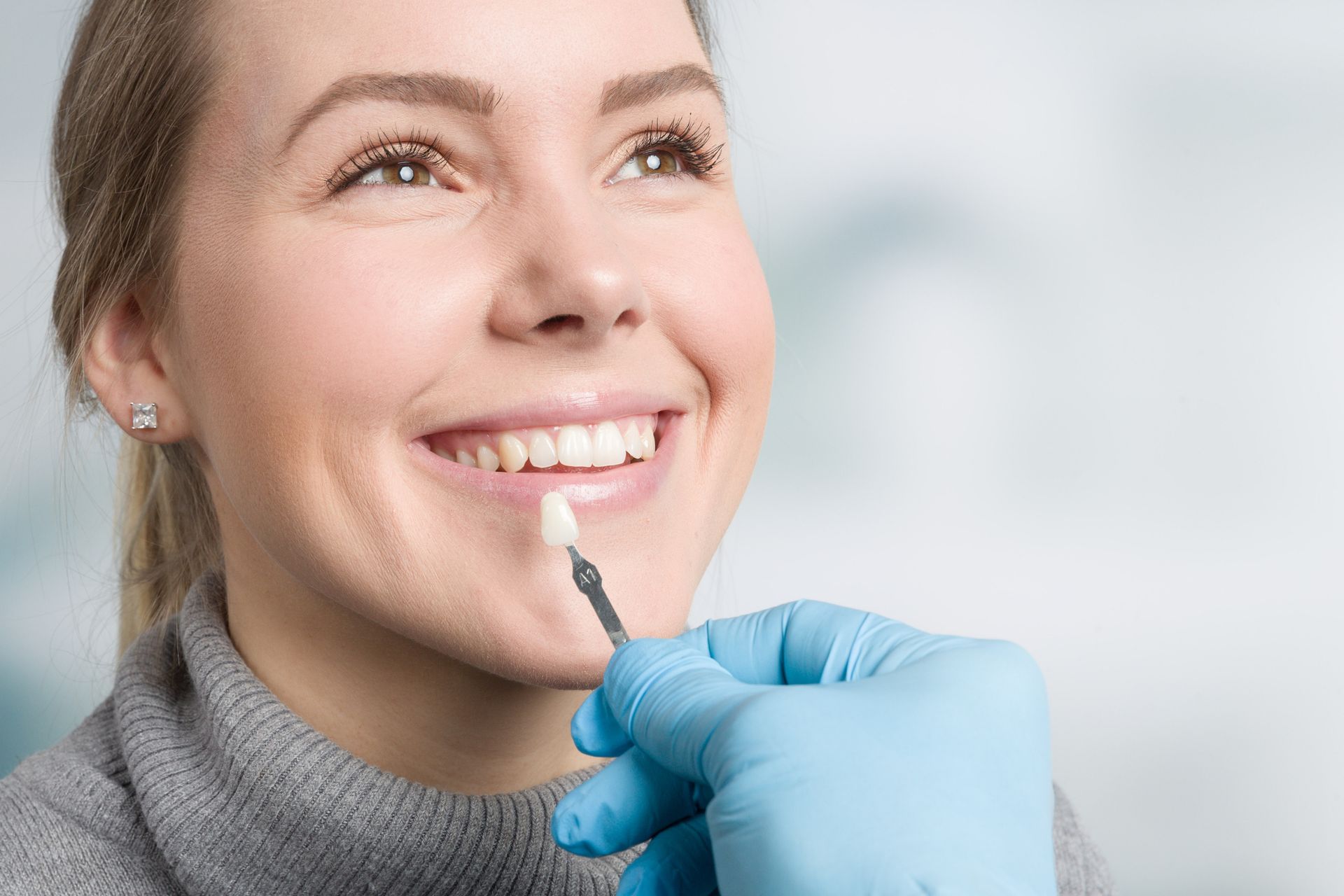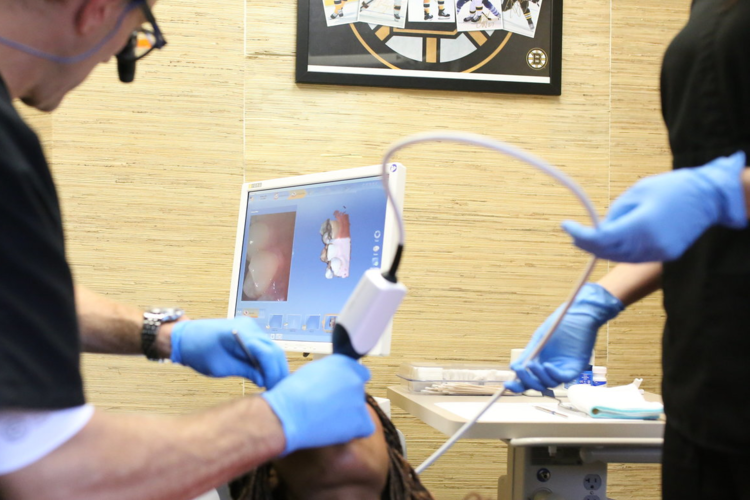Top 10 Dental Hygiene Questions
1. How often should I brush my teeth?
D. Hoertdoerfer recommends brushing after each meal, but at the very least twice a day for two minutes each time—once in the morning and once before bed.
2. Do I really need to floss every day?
Yes! Flossing removes plaque and food particles from between teeth where your toothbrush can’t reach, helping prevent cavities and gum disease.
3. What kind of toothbrush is best—manual or electric?
Both work well, but electric toothbrushes can be more effective at removing plaque and ensuring a thorough clean, especially for those with limited dexterity.
4. How often should I visit the dentist for a cleaning?
A good rule of thumb is every six months, but Dr. Hoertdoerfer may recommend more frequent visits based on your individual needs.
5. Is mouthwash necessary?
Mouthwash can be a great addition to brushing and flossing. Look for mouthwash with fluoride or antibacterial properties to help strengthen enamel and fight gum disease.
6. What causes bad breath, and how can I fix it?
Most bad breath comes from bacteria buildup in the mouth. Good hygiene, tongue cleaning, and staying hydrated are key. Persistent bad breath could signal a dental issue.
7. Are bleeding gums normal?
No—bleeding gums are often a sign of gingivitis or gum disease. If your gums bleed persistently when brushing or flossing, schedule a check-up with us.
8. How does diet affect dental health?
Sugary and acidic foods can weaken enamel and lead to cavities. Eating a balanced diet rich in fruits, veggies, and calcium supports healthy teeth.
9. Can I reverse a cavity once it starts?
Once a cavity has formed, it can’t heal on its own, but early signs of enamel demineralization can sometimes be slowed with fluoride and proper care.
10. Is teeth whitening safe for my enamel?
When done professionally or with ADA-approved products, teeth whitening is safe. Dr. Hoertdoerfer can recommend the best option for your smile goals.


